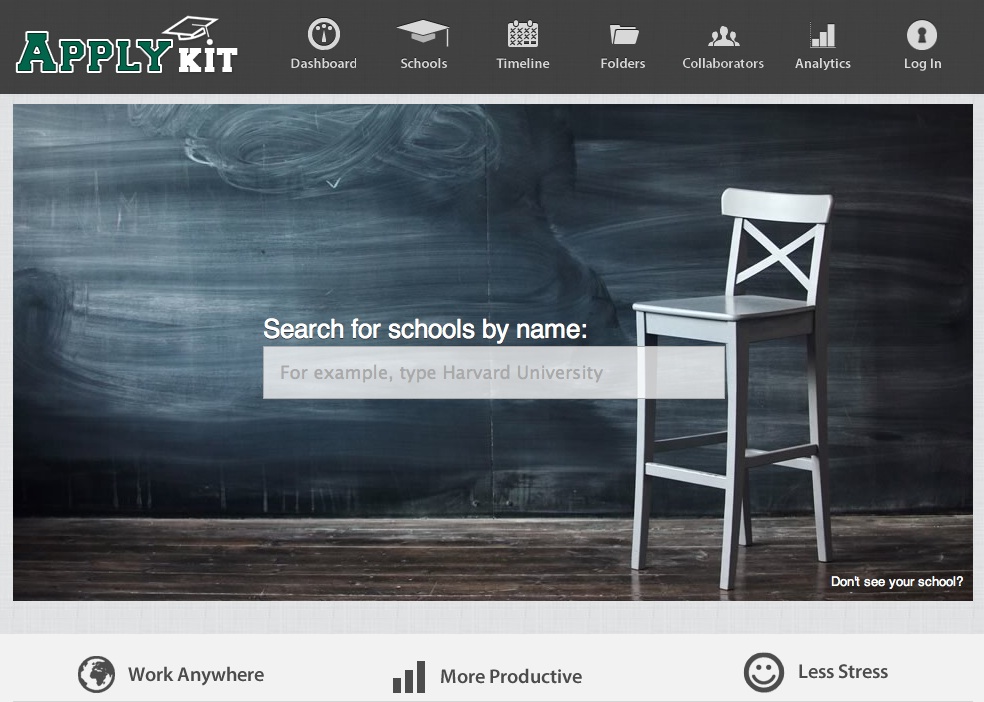 College is an exciting time for students and parents alike. Children are taking their first major steps toward maturity and independence, while you get to cheer them on with pride and see how far they’ve come. Of course, getting into college is just the beginning. Succeeding throughout those difficult academic years and finding a career after school will be the real challenges. Youngsters need guidance during this time of challenges and changes, and they’ll be looking to you for advice. One question on everyone’s mind has to do with whether or not students should get a job in college. Well, should they?
College is an exciting time for students and parents alike. Children are taking their first major steps toward maturity and independence, while you get to cheer them on with pride and see how far they’ve come. Of course, getting into college is just the beginning. Succeeding throughout those difficult academic years and finding a career after school will be the real challenges. Youngsters need guidance during this time of challenges and changes, and they’ll be looking to you for advice. One question on everyone’s mind has to do with whether or not students should get a job in college. Well, should they?
The Cons
You might be worried that encouraging your student to find a job in college will put too much pressure on them, especially as a freshman. Many students have a tough time adapting to college life, and being pushed to find work may not be the best thing for them. Heavy course loads and early morning lectures can make it difficult just to find time to study and stay on top of homework. After all, your kids are going to college to obtain an education, and that should be their primary focus at all times. If you worry that your kids won’t be able to focus on their studies if they work during college, then don’t push them to look for jobs.
The Pros
However, many students can benefit greatly from working while they go to school. In most cases, students are in school because they want to expand their possible career options in the future. Graduates without relevant work experience will find it difficult to secure employment, even with their prestigious degrees and high marks. Job markets are very competitive today, and the experience your kids gain while working in school could be priceless. They can learn valuable skills, network with influential people, and start applying their knowledge early to become great candidates for future employment.
Furthermore, it is no secret today that college is expensive. Even students who qualify for financial aid and receive partial scholarships can find themselves amassing large student loan debts throughout their years in academia. Working through school can be a great help in relieving this burden, both for your student and for you. School supplies, text books and regular living expenses can add up quickly. Many students cover these expenses by taking out additional loans or asking their parents for help. By encouraging your kids to find work, you can help them decrease their debt burden and start becoming independent right now.
The Bottom Line
Whether or not you encourage your student to find a job in college is up to you, of course. It can be highly beneficial, but it may be too much for some students to handle. Working builds character and helps kids develop into responsible young adults, so if your student is ambitious enough to find project management jobs in college it will benefit them in the future. Students who seize opportunities are sure to be successful in their careers, and finding a job in college can be a great step in this direction.









